40 Parenting Hacks for Raising an Amazing Kid
It's time to be the parent you've always wanted to be.

The parenting wisdom that has stuck for me for quite some time came from a Yale psychologist I was interviewing. He described parenting as having a big fenced-in yard. The key to good parenting, he said, is that you don't keep your kids chained to the porch and you don't let them jump the fence to go wherever they darn well want. You do, however, give them the room to run, to explore, to learn, to play. That's where a child's growth happens—freedom with boundaries, restrictions without dictatorship.
Now, the tricky part of the parenting equation is that you have a vegetable soup of variables. Different parents, different kids, different circumstances, different desires, and different definitions of what "amazing kid" actually means. As parents, though, we can probably agree that we all want our children to grow up with all of the adjectives worthy of inclusion in the Hallmark lexicon—happy, healthy, successful, kind, thoughtful. Getting there can come any number of ways, including these…. And for more pro parenting tips, discover The Secret to Raising Healthy Kids.
1
Yes, Read to Them

Even before they can understand a word. Even when they beg for just one more and you're exhausted. Even if reading "One Fish Two Fish Red Fish Blue Fish" for the 4,790,691st time makes you One Crab Two Crab Bad Crab Mad Crab. If you also want to some reading time for yourself, sit back and have a laugh with one of The 30 Funniest Celebrity Books.
2
Play more, Keep Score Less

There will be plenty of time for competition, tournaments, games, wins, and losses. Life lessons that come from all of them. But there's life development, life growth, and life love that comes when you value play in its purest forms. And for more on smarter parenting, don't miss the 40 Lies Kids Say That Parents Always Fall For.
3
Trust this Sports Anchor

According to ESPN's John Buccigross's Twitter: "Seriously, these are the three steps to quality parenting and a better world. 1) The Look. You have to have a good 'Look.' It's says I care, demand, and am aware of you at all times. ENGAGE. 2) RELAX. What will be, will be. 3) Affection. At all times. Touch." Got it?
4
Huddle Up Once a Day

Research shows that eating dinner together as a family has better outcomes all-around—everything from healthier eating to more well-adjusted kids. Even teens, the research shows, report that the best things about dinner is catching up with everyone in the family. In this era of air-traffic-control family schedules, it's worth trying to make your family meal something that's prioritized, not sacrificed. And for more tips, check out the 5 Ways Cool Parents Make Family Dinner a Lot More Awesome.
5
Unplug

Eyes up, ears open, and thumbs still—even when your kid asks you a question that's been asked a hundred times before. "The opposite of love is not hate—it's indifference," says Rick Johnson, founder of Better Dads. "If we are not involved with our children, what kind of message are we sending them? That they're not worthy of our most valuable commodity—our time." Explore with your kids and take them on one of The 5 Best Trips to Take with Kids.
6
Expose Them Early To…

Piano. Salmon. The woods.
7
Avoid Exposing Them for as Long as Possible To…

Soda. Permanent markers. Caillou.
8
Treat Your Own Partner Better

"Children whose parents have a healthy, loving marriage tend to do significantly better in all areas of life than children whose parents fight often or are contemptuous of one another," Johnson says. For divorced couples, that may mean treating each other with respect, if not love, he says. And for more help reaching matrimonial bliss, here are the 50 Ways to Keep Your Marriage Fresh.
9
Apologize When You're Wrong

So often, parents—especially as kids get older—have to prove their authority by showing that their experience and wisdom will always trump their inexperience and hubris. But we don't always get it right, and we'd get more respect in the long run when we admit when we don't.
"Our kids know we are not perfect," Johnson says. "They don't expect us to be, but they do expect us to care enough to be a good parent." And when you're communicating with your kids, don't forget the 40 Slang Terms No One Over 40 Should Use.
10
Things That Won't Be Important Six Weeks (Or Minutes) After You Think That They Are
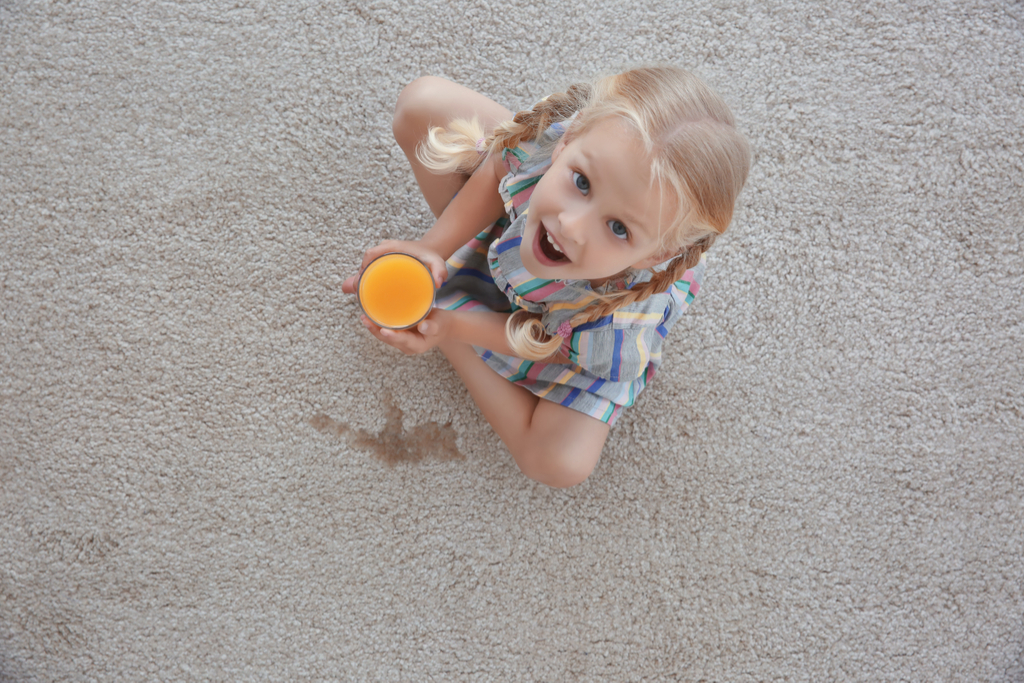
Two points on a test. Juice spills. Finishing second.
11
Things That Will Be…

How you handled the above.
12
Make Sure They Know

The difference between there and their, its and it's, you're and your. And set them on the path to learn the correct way to use the 30 Common Words You're Using All Wrong.
13
Make Sure They Know

The value of good manners, helping others, handwritten thank-you notes, those darn sneakers you need to buy every six months.
14
Make Sure They Know

Social-media accounts are never truly private even if they say they are.
15
Make Sure They Know

Virtually all mistakes have an eraser, but there are several that don't.
16
Reinforce More Than You Rant

Studies show that positive and specific feedback when kids do something good is better for raising good kids than negative feedback for unwanted behaviors. Example: "That's awesome you ate your salad; it will make you strong and healthy" is more effective than "if you don't get those last six peas off your plate, no cookies for a week." And for more advice you can use, which will echo in your childrens' lives, check out the 50 Genius Tricks to Improve Your Life.
17
Carve Out Time for Yourself

The best way to manage the stresses of parenting: Manage stress for yourself, according to some research. That means that you have to take time out for your own hobbies, interests, and solo time. The effect is that you become a better parent—which makes them stronger in the long run, too.
18
Talk About Journeys, Not Destinations

Outcomes aren't the only way to measure success and satisfaction, and research shows that parents can help their children by not being so fixated on the finish line, but more so the process. Talk more about what they learned in school or on the field or during a performance—and less about the grade or score.
19
Lower Their Party Habits

As is the case in gymnastics, yoga, and Nik Wallenda, balance is key. A study from the Journal of Studies on Alcohol and Drugs found that the teens who were the heaviest drinkers had parents who were either too indulgent or too authoritative in their parenting. The parents who struck a balance between warmth and accountability, the research showed, had teens who drank less heavily.
20
Acknowledge the Big, Big Stuff

A Canadian study found that children exposed to some form of spirituality when they were young were happier than those who weren't. This doesn't have to be formal religious services, but can be child-friendly forms that come by way of talking about gratitude or thinking about others in need.
21
Be Realistic

A study of more than 500 children in the Netherlands found that those parents who overvalued their children's skills were more likely to raise narcissistic children. Now, that doesn't mean you need to chant "you're terrible!" when they finish 15th out of 16 in the swim meet, but it also means you probably shouldn't nickname your kid Ledecky or Phelps.
22
You Don't Need to Win Everything

As kids get older and tensions get higher, remind yourself that you should say these four words, especially when talking about goals, schools, activities, and life: "What do you want?" (Unless you suspect the answer is "a tongue piercing.")
23
Watch the Tone and Intensity of Language

One study showed that harsh verbal discipline toward 13-year-olds led to worse behavior from the child the following year. That doesn't mean you can't discipline firmly, but it does mean you should avoid sounding overly shrill or mean.
24
Lay Down: The Law

Bedtime should be the same time every night: A study of 11,000 children between 3 and 7 found that irregular bed times were related to lower cognitive ability.
25
Get Them in the News Habit

The earlier that current events can become part of their routine—and your conversation—the better. For them. For the world.
26
Power Ranking, Toys/Games/Activities
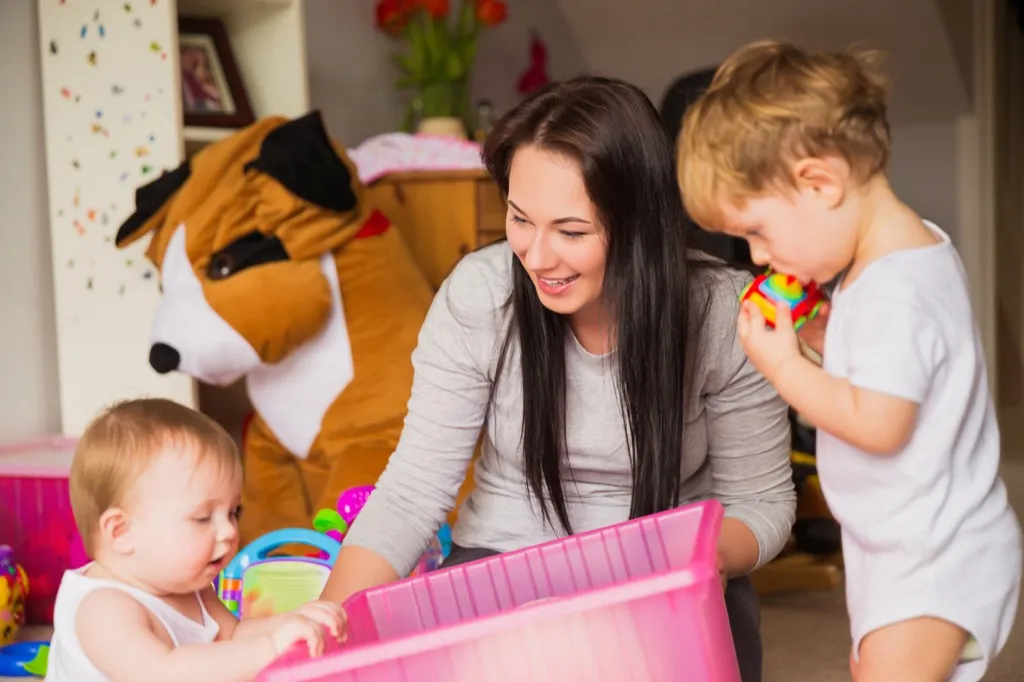
- Legos (creativity, following instructions)
- Tag (movement, free play)
- Dress Up (dreaming, imagination)
- Scrabble (words and math)
- Boogie boarding on waves (fun!)
27
Show That Others Are in the Universe, Too

The best way to raise your child to be kind and thoughtful: Model it, says Susan Newman, Ph.D., social psychologist and author of "Little Things Long Remembered: Making Your Children Feel Special Every Day." Volunteer, help a neighbor, visit a sick relative. "Children absorb and learn these best when parents talk about what they do," she says. Involve your kids by having them make cards or help deliver dinners.
28
"Now That You Can Walk, Take Out the Trash"
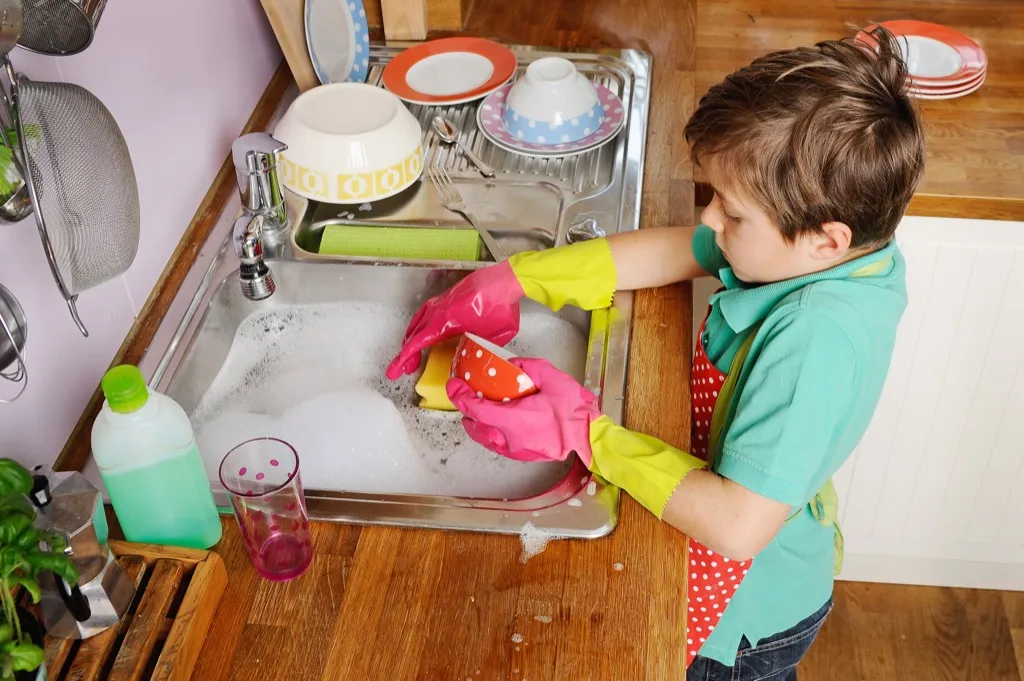
Studies show that assigning chores early in a child's life better teach kids accountability skills that come into play later in life.
29
Re-Think Your Role
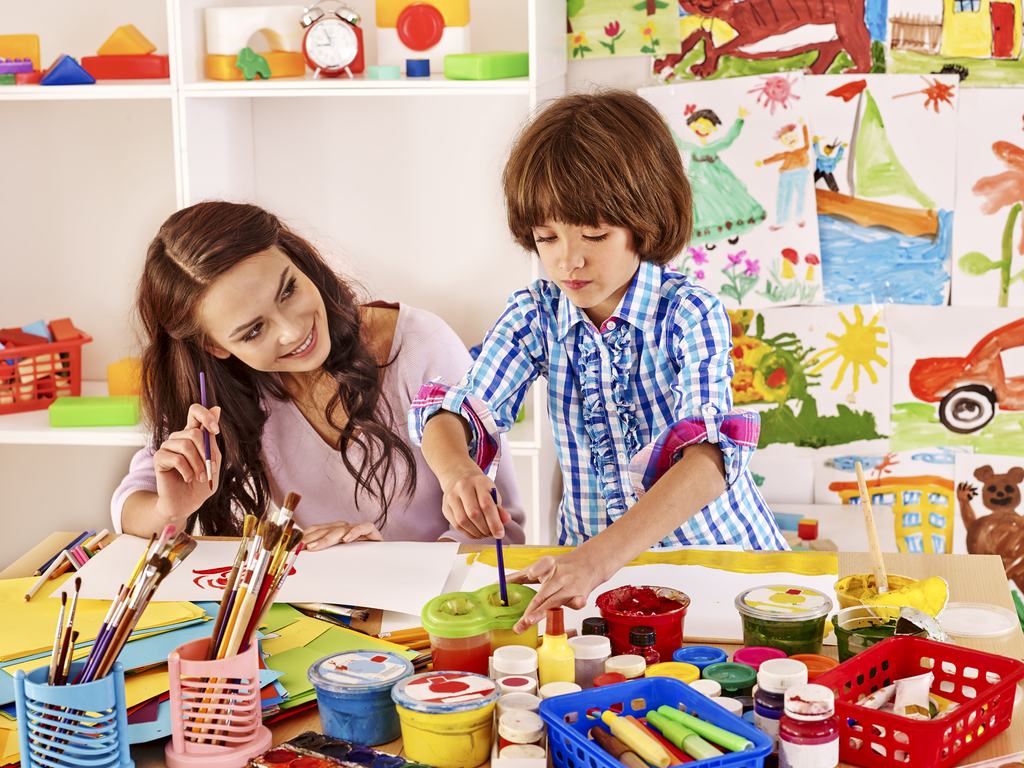
Instead of being your child's leader, follow your child's lead—acknowledging interests or talents that may be nothing like yours. "What many parents seem to overlook is the fact that a child is an individual who has a different personality, different wants and wishes than his or her parents and may turn out to be successful in areas parents never imagined," Newman says.
30
Do Make a Negative Comment On

Their preferred hair style as they explore their individuality and identity.
31
Do Not Make a Preachy Comment On

What they could have done differently when they had the ball.
32
Do Not Leave Any Darn Comment On

Their social media.
33
Once and For All

Just get the puppy.
34
Break Down Gender "Assignments"

Boys can wear pink. Girls can play with trucks. Moms can have a catch. Dads can braid hair.
35
At About Age 13…
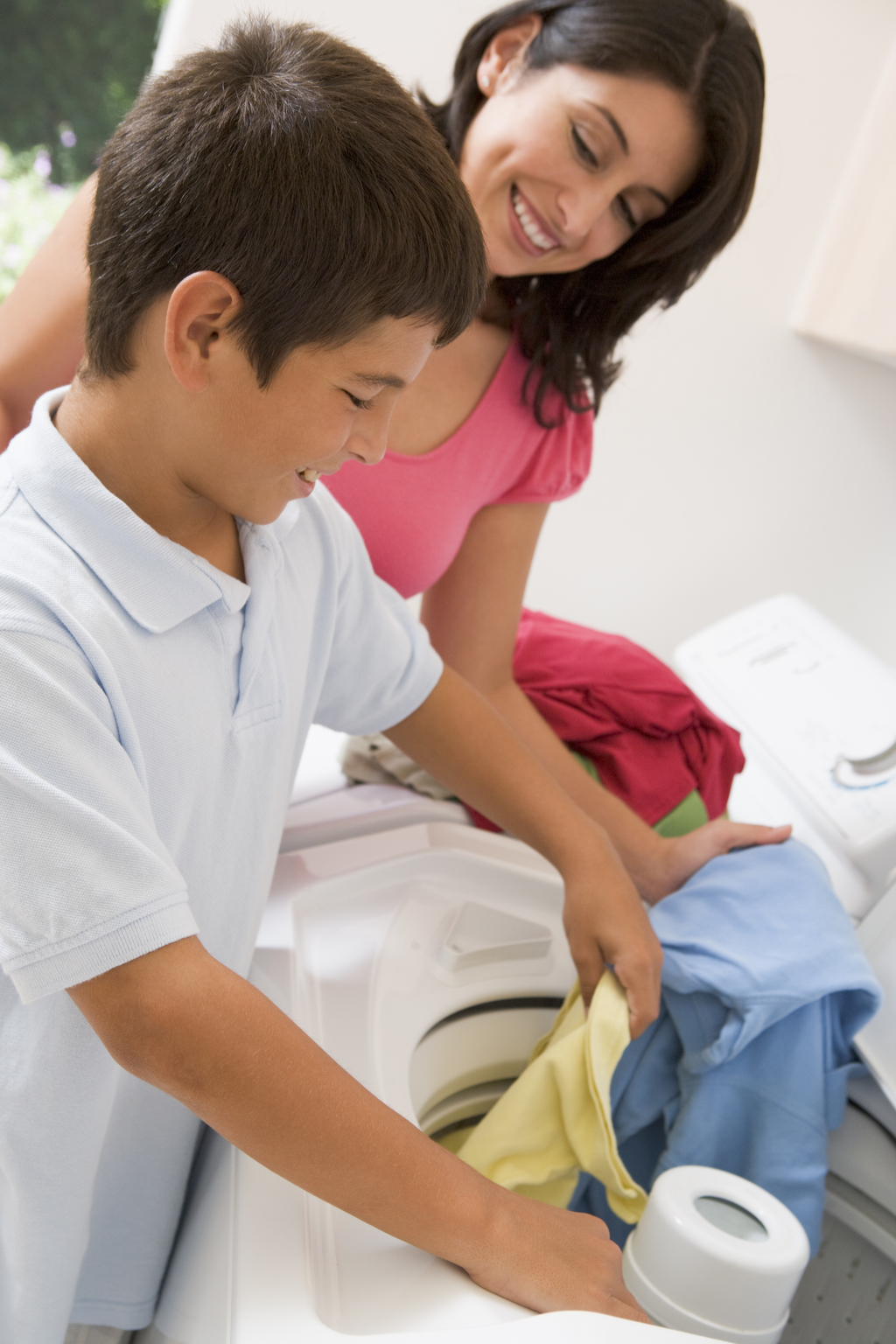
They can do their own laundry.
36
Don't Interfere Every Time
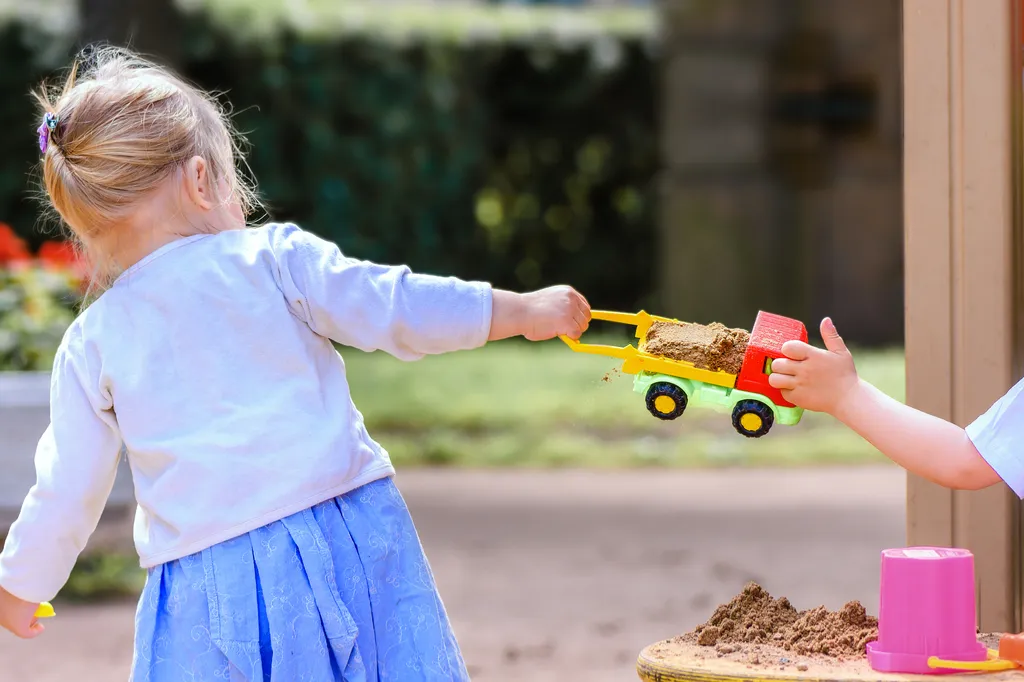
Playgroup sparks flying over who gets the dump truck? Try to let them work it out before you swoop in. Research shows that kids who can settle conflict on their own from an early age have a better chance of earning a college degree and having a full-time job by the time they turn 25.
37
Show Them Around

New tastes on their plates, new parts of the city, new cities in the world, new activities. Habit is good and comforting and foundation-forming, but novelty can be a way of opening up a child's eyes to possibilities of their futures. "It is experience, not 'things' that send a child in one direction or another," Newman says. These experiences, she says, are the building blocks of goals.
38
Ignore Some of the Small Stuff

Research has shown that turning away from some bad behaviors (ones that don't have any real consequence or harm to others—say, minor tantrums in public) is more effective than addressing and engaging in a big battle. The take-home: The teaching moment comes from more communication when things go right and less don't-do-this instruction when things go wrong.
39
Dangle the Unlimited Data as a Carrot

A British study found that teens respond with better behavior when offered incentives rather than threatened punishments.
40
Make This a Life Goal

The only time helicopter should be used as an adjective to describe yourself is if you actually fly one. And for some serious personal finance inspiration, meet the man who made $16.5 million on YouTube just last year.
To discover more amazing secrets about living your best life, click here to sign up for our FREE daily newsletter!





















